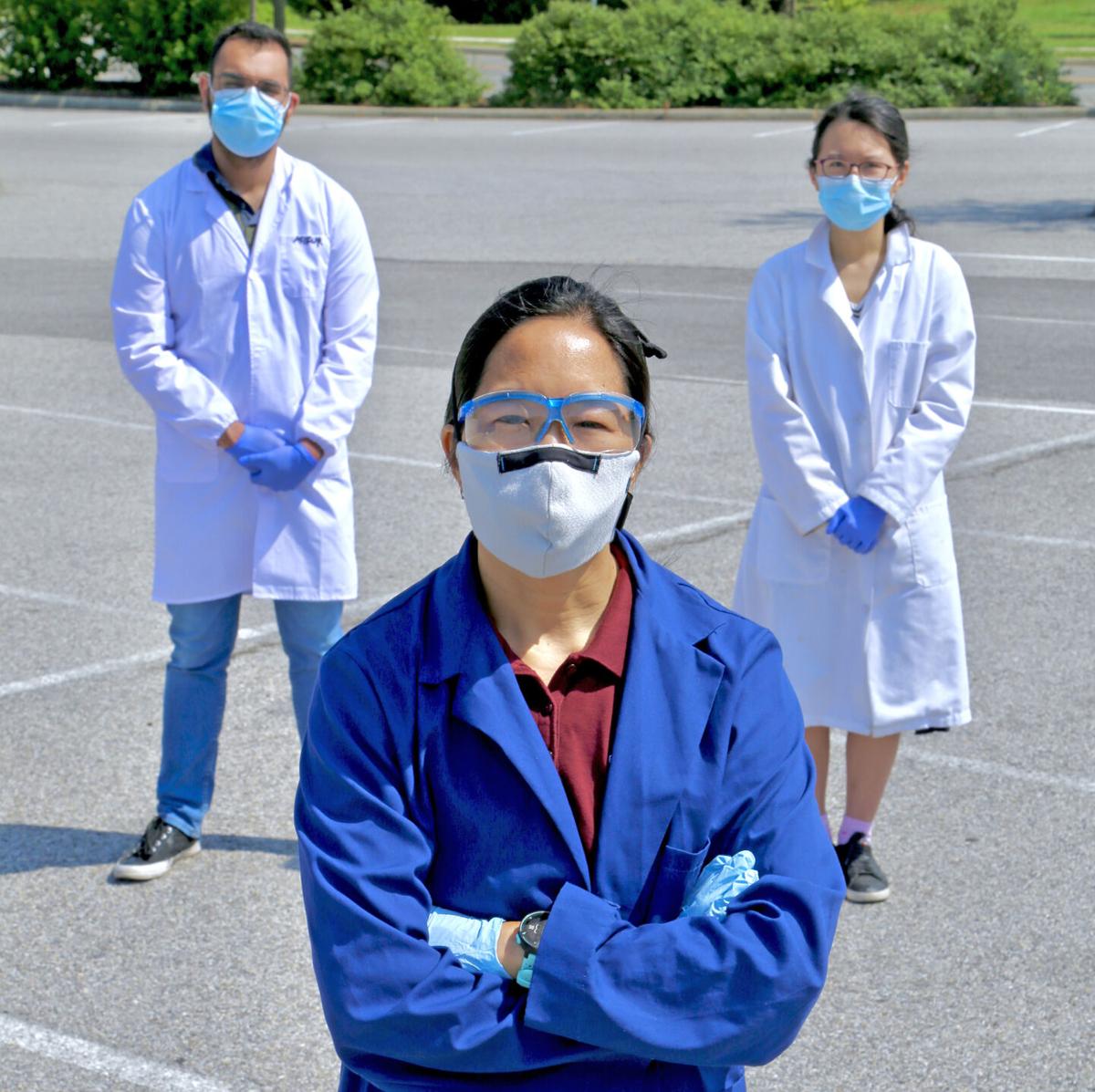Face masks are about as effective at protecting the wearer from COVID-19 exposure as they are at protecting others, a new study from Virginia Tech researchers finds.
Masks were originally advertised to reduce the amount of virus a person exhaled, noted Linsey Marr, a professor of civil and environmental engineering and the study’s lead author.
“If I’m sick, you know, I put on the mask and then it reduces the amount that I released into the air around me,” Marr said Monday. “It turns out masks work essentially the same way and offer very similar protections to the wearer.”
Marr’s niche expertise in the airborne transmission of viruses brought her international attention last spring as evidence mounted that the novel coronavirus spreads through tiny droplets exhaled from the nose and mouth.
Marr’s team first began studying cloth masks in March, when N-95 masks were in short supply and health officials called on the public to make their own face coverings.
“I realized it would be really important for the general public to wear masks because of pre-symptomatic or asymptomatic transmission,” of the virus, she said. “It was up to the public to make their own cloth masks.”
To learn more, check out the whole article below.
